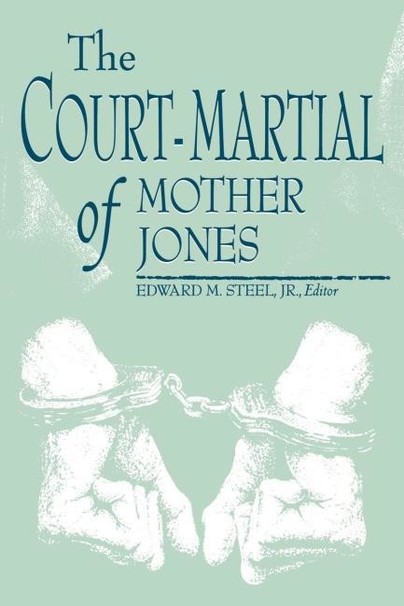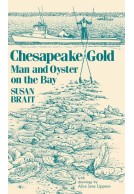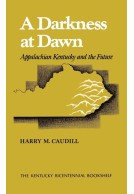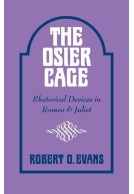The Court-Martial of Mother Jones (Paperback)
Imprint: University Press of Kentucky
Pages: 336
Illustrations: photos
ISBN: 9780813108575
Published: 16th November 1995
Script Academic & Professional
Pages: 336
Illustrations: photos
ISBN: 9780813108575
Published: 16th November 1995
Script Academic & Professional
This book will be reprinted and your order will be released in due course.
You'll be £27.00 closer to your next £10.00 credit when you purchase The Court-Martial of Mother Jones. What's this?
+£4.99 UK Delivery or free UK delivery if order is over £40
(click here for international delivery rates)
Need a currency converter? Check XE.com for live rates
(click here for international delivery rates)
Need a currency converter? Check XE.com for live rates
In March 1913, labor agitator Mary Harris "Mother" Jones and forty-seven other civilians were tried by a military court on charges of murder and conspiracy to murder -- charges stemming from violence that erupted during the long coal miners' strike in the Paint Creek and Cabin Creek areas of Kanawha County, West Virginia. Immediately after the trial, some of the convicted defendants received conditional pardons, but Mother Jones and eleven others remained in custody until early May.
This arrest and conviction came in the latter years of Mother Jones's long career as a labor agitator. Eighty-one and feisty as ever, she was able to focus national attention on the miners' cause and on the governor's tactics for handling the dispute. Over the course of seven months, more than two hundred civilians were tried by courts-martial. Only during the Civil War and Reconstruction had the courts been used so extensively against private citizens, and the trial raised a number of civil rights issues.
The national outcry over Mother Jones's imprisonment led the United States Senate to appoint a subcommittee to examine mining conditions in West Virginia -- the first Senate subcommittee ever appointed to investigate a labor controversy. Public sentiment eventually forced a release of the prisoners and brought about a settlement of the strike. In the face of this overwhelmingly adverse publicity, the governor suppressed publication of the trial transcript, and it was long thought to have been destroyed.
Edward M. Steel Jr., an authority on Mother Jones, uncovered the trial proceedings while searching for Jones's manuscripts amid private papers at the West Virginia and Regional Collection. This volume makes available for the first time the transcript of this landmark case in labor and legal history, including an introduction that provides background on the issues involved.
Other titles in University Press of Kentucky...















